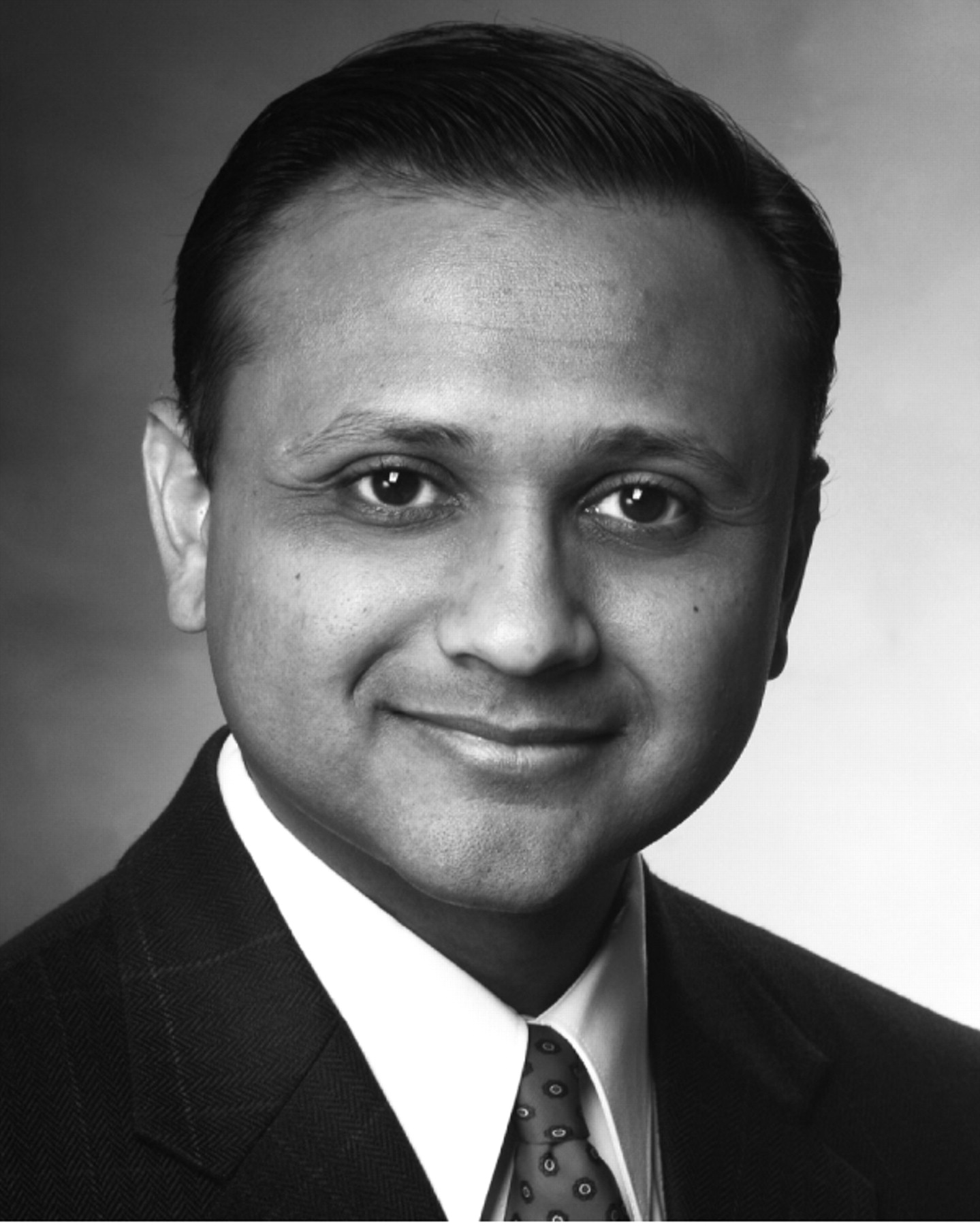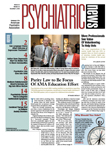General Member
I am a child and adolescent psychiatrist practicing in Providence, R.I. I am currently the site training director and director of adolescent services at Brown Medical School–affiliated Bradley Hospital. I provide academic teaching and supervision to medical students, adult psychiatry residents, child and adolescent psychiatry fellows, and triple-board residents. I am responsible for the clinical care and administrative oversight of a 24-bed adolescent inpatient unit and a 10-bed adolescent partial hospital program. I am also the consulting editor of the Child and Adolescent Psychiatric Clinics of North America and president of the Rhode Island Council for Child and Adolescent Psychiatry.
It is an honor to be running for the ECP trustee position. Since becoming a medical student member of APA in 1999, I have had the pleasure of learning from and working with many of you. The opportunity to network with and receive mentorship from senior APA members has been critical as I developed my own professional identity and thought about what my own career path would be.
I cannot think of a more crucial time for APA to be on the mark with its policies and its actions. With questions regarding conflicts of interest with pharmaceutical companies, with Scientology's traveling road show about the horrors of our profession, with psychologists pushing scope-of-practice legislation in multiple states, with patients finding it harder to access our services, and with reimbursement rates ever diminishing—we need to elect people with proven leadership.
A transformative experience for me was being selected as the 2004 APA/APF Jeanne Spurlock, M.D., Congressional Fellow. My unfaltering interest in advocating for our patients and our profession was vastly augmented by the opportunity to hone my own advocacy skills while working in the Senate office of Jack Reed (D-R.I.). I helped to author the Garrett Lee Smith Memorial Act, which passed Congress and was signed into law. It has provided over $80 million for suicide prevention and college mental health programs.
Leadership alone will not suffice without having people who can strategically effect positive change. We must have people who can provide practical stepwise solutions to meet our challenges head on, to strengthen our profession, and to improve our APA.
As I transitioned back to my fellowship in child and adolescent psychiatry at Harvard Medical School–affiliated Children's Hospital Boston, I successfully lobbied the APAPAC board about the importance of building a base of younger members—thus creating the first MIT position to the PAC board. With the step-by-step creation of the MIT Advisory Group, an ECP position to the APAPAC Board, and now the soon-to-be ECP Advisory Group—we have been able to strengthen and propel our PAC to a position where we can be influential in the legislative process. After 20+ years of an uphill battle in Congress, mental health parity has finally passed.
We need people who can lead our organization with the highest professional integrity. We need people without conflicts of interest who do not accept pharmaceutical funding. Our patients and the general public trust us because of our science and our ethics—we need to have people with academic excellence who can stand up for the strength of our evidence base and who can instill in others the unrelenting belief that we can be trusted to do no harm.
I know the importance of clear, concise communication, of representing our profession well, of partnering with other professional and patient advocacy organizations, and of having an APA that truly represents and works for its members.
I understand that this is a tall order—but I have risen to the task time and time again. We must demand that our officers have the conviction to stand up for meaningful change.
Primary Professional Activities and Sources of Income
Professional Activities
75%—Patient care and administration, Bradley Hospital
20%—Training and education, Brown Medical School
5%—Volunteer work for professional organizations and advocacy groups
Income
7%—Cambridge Health Alliance, independent contractor
3%—Consulting editor of Child Psychiatric Clinics
Absolutely no income from pharmaceutical companies.

